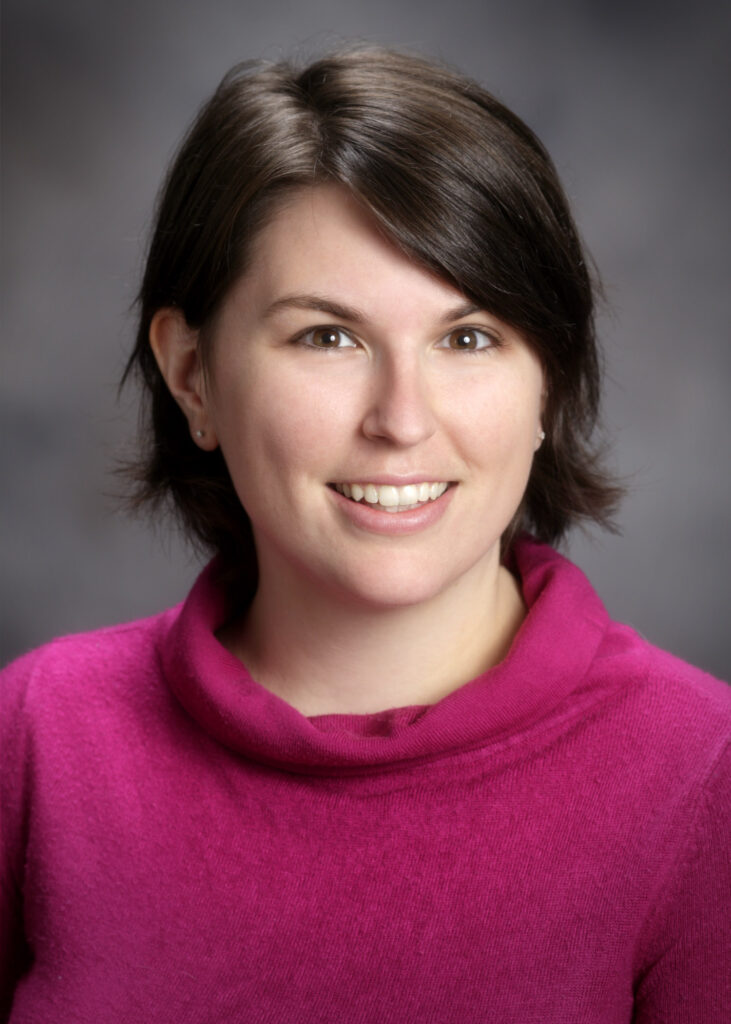Amanda Caleb, Misericordia University – The Rhetoric of Pandemics: Health, Politics, and the Public
 On Misericordia University Week: What did you think when you heard the word pandemic for the first time?
On Misericordia University Week: What did you think when you heard the word pandemic for the first time?
Today on The Academic Minute: Amanda M. Caleb, professor of English and medical and health humanities, delves into the many meanings of the word.
Amanda M. Caleb is Professor and Founding Director of Medical and Health Humanities and Professor of English at Misericordia University. She received her PhD in English and MA in Nineteenth-Century Studies from the University of Sheffield and her BA in English from Davidson College; she is currently pursuing her MPH from the University of Alabama at Birmingham. She has published a number of articles and book chapters on topics ranging from accounts of illness in the Victorian period, to the rhetoric of British eugenics, to dementia and the role of narrative medicine. Currently, she is working on the rhetoric of pandemics and the marginalization of people with disabilities during COVID-19. She was the recipient of a National Endowment for the Humanities (NEH) grant to revise Misericordia’s Medical and Health Humanities curriculum; as part of second NEH grant, she developed two public health humanities projects: a YouTube lecture series, COVID-19 and the Humanities (https://www.youtube.com/channel/UC58dKlX0Y9qfbfPR0_SSzYg) and a podcast, The Health Humanist (https://www.podbean.com/media/share/pb-8pii4-ebbb7b).
The Rhetoric of Pandemics: Health, Politics, and the Public
My work on pandemic literacy investigates how pandemics are represented rhetorically and practically and how groups and individuals respond with their own constructions that complicate the work of public health. The lack of definitional distinction and phase boundaries within the World Health Organization’s pandemic response has created challenges to health actions that are further exacerbated by the political and public perception of labeling something a pandemic.
Thus, politicians can translate the word pandemic from its accepted description in order to persuade the public of a proposed action or to alleviate fears-often this means amplifying pandemic to include a severity component that is not part of the WHO’s description. Similarly, some social media constructions of the pandemic have perpetuated false information by modifying the word pandemic (into terms like #plandemic) as an attempt to not only discredit the existence of the pandemic, but to also destabilize the meaning of the word with regard to COVID-19. At the other extreme, trending terms like #pandemicbaking did not change its understood meaning, but rather added the individual lived experience of a pandemic, taking the word out of a population health context.
The varied uses of the word pandemic in health, politics, and social media suggest the malleability of the word, even as groups and individuals assume an accepted meaning. The instability of the word pandemic is in part because of its roots in uncertainty regarding the very disease it describes, which is entangled with political, communicative, and even linguistic ambiguity. These shifting connotations and denotations demonstrate how pandemics are socially and politically constructed, even in the face of health data.


